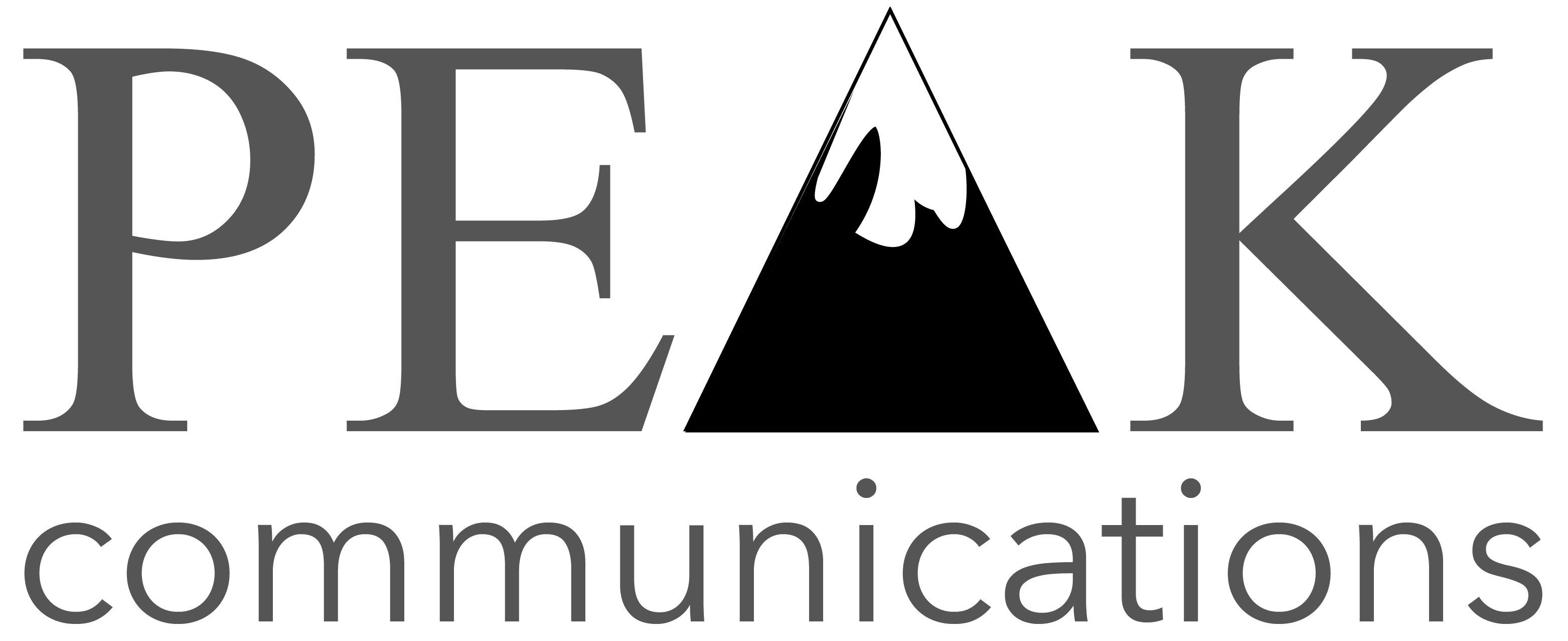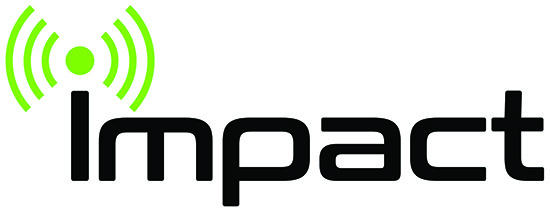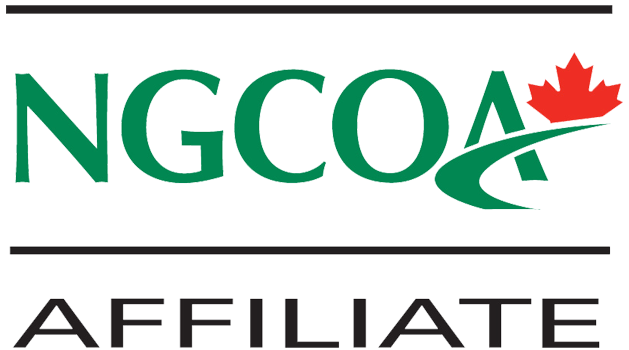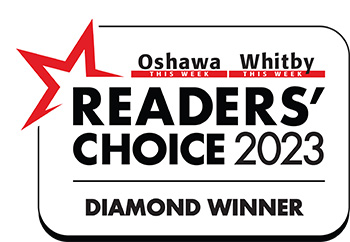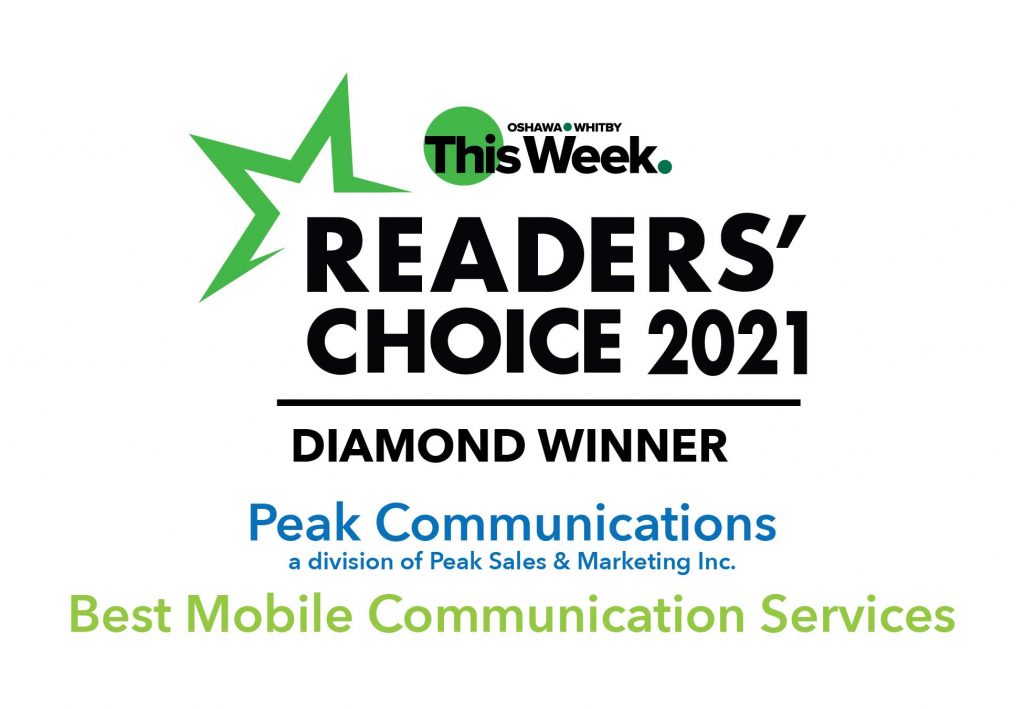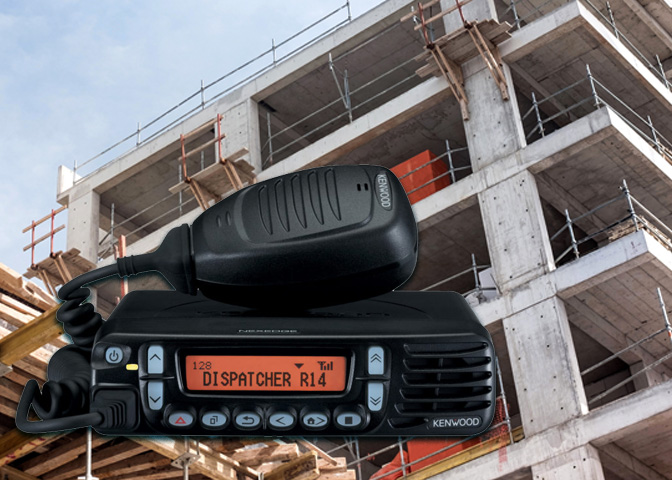
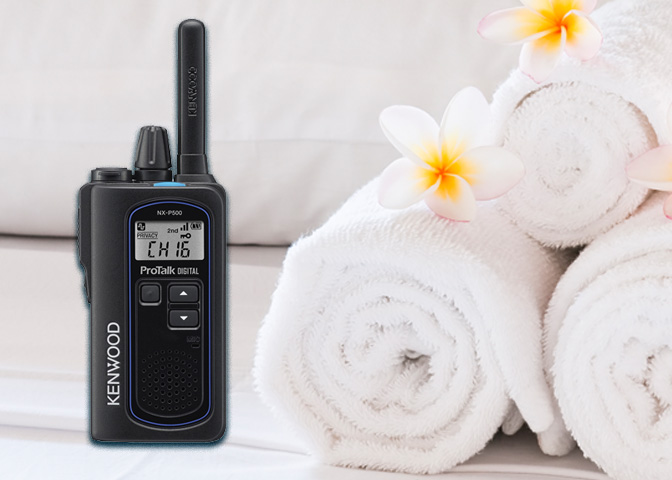
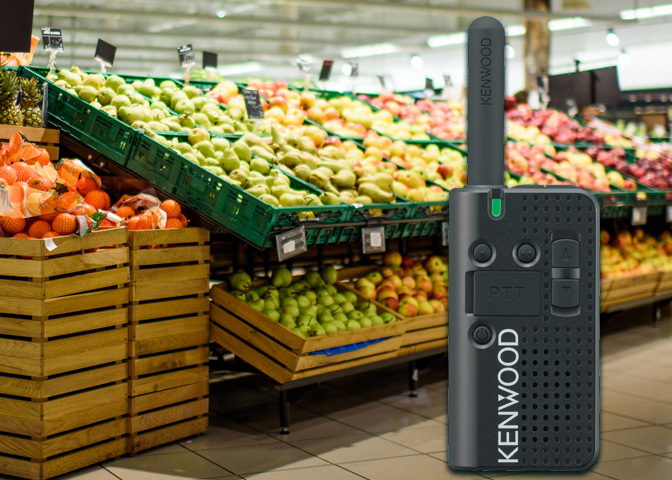
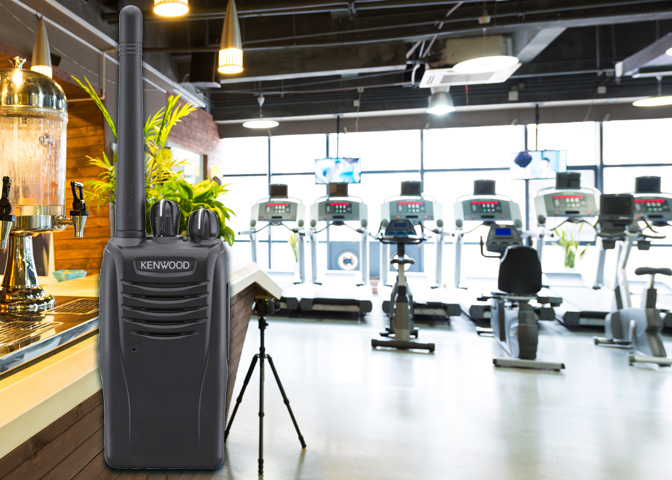
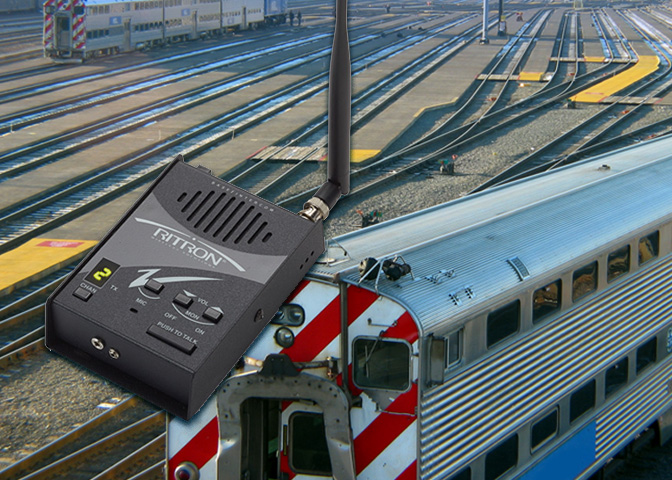
Frequently asked questions
We offer affordable solutions for all business communication needs. With over 20 years of experience in the two-way communication industry, we provide expert advice and superior service. Located in Durham Region, we are a market leader in professional two-way radio communications and accessories, across Canada. Learn more about us.
Radios provide instant, reliable communication among team members with just the touch of a button. In the case of a power failure, 2-way radios will still function and do not rely on any power infrastructure.
2-way radios allow an easy option to communicate instantly within your team, with one push-to-talk button. Your team can simply communicate with the entire team much more efficiently, whereas cell phones are one to one and unreliable (busy, voicemail). Two-way radios are designed to offer rugged features, including some radios that are waterproof (i.e., Kenwood NXP-500). No monthly fees or per minute airtime costs regardless of your talk time usage amount.
Most mobile radios do require a license obtained from ISED government offices. There are some radios that do not require licensing, but they will not communicate with traditional UHF/VHF mobile radios. Spectrum management and telecommunications home page: http://www.ic.gc.ca/eic/site/icgc.nsf/eng/home
1 watt = 200,000 sq. ft., 15 floors
2 watt = 250,000 sq. ft., 20 floors
4 watt = 350,000 sq. ft., 30 floors
5 watt = 400,000 sq. ft., 35 floors
Yes, for example, when the Security Department speaks on one channel, the front office will not hear radio traffic, if they are on channel two. Channels are call groups- each channel can be assigned to certain users. 16 channel radios are the most common, although some radios offer more, and some offer less.
Mobile radios generally start at $200 MSRP and can go as high as $500 MSRP, all depends on your needs and application required.
No. FRS/GMRS radios are non-licenced frequencies and not capable of speaking with either VHF or UHF frequencies.
Depending on usage, radio wattage and battery type (Lithium Ion, NiMH, NiCad). General rule is 90-5-5 meaning 90% of time radio is on standby, 5% sending and 5% receiving.
It is recommended not to do so and it’s best to turn off the radio in the charger, as the battery is slower to charge and can eventually reduce battery life.
Analog: When using an analog radio, your transmitted voice modulates the frequency you operate on. Analog radios communicate with others on the same frequency and channel, to deliver a crisp, clean sound through the receiving radio.
Digital: Digital radios convert your analog voice to a digital that is decoded by radios, that have matching programming only. Digital radios most often have less background noise than analog and remains clear to the very edge of your coverage area.
UHF Radios (Ultra High Frequency radios) are on-site licenced radios that penetrate through walls, steel structures and “other” obstructions better. UHF 450-470 MHz ranges are most common. UHF radios will not communicate with a VHF radio.
VHF (Very High Frequency) licenced Radios operate between 136-174 MHz are mainly used in outdoor applications, which have few obstructions (boating, golf courses etc.).
Most 2-way radios are not waterproof, although water resistant, but the Kenwood NXP500 is waterproof with an IP67 rating, which means you can have your radio submersed in water up to 3 feet for 30 minutes.
As radio signals typically travel only so far, a repeater will receive those signals, re-amplify them at a higher power and rebroadcast them at a taller height, thus gaining the user extended range as opposed to a radio to radio solution. A repeater receives the radio signal on one frequency and retransmits the signal on a different frequency.
A base station is a fixed piece of radio equipment that has a radio and a power supply, and used in a fixed location such as reception, supervisor’s desk, machine operator, etc.
All of our KENWOOD Business Radios come with a 2-year warranty from the date you purchase the radios.
Please contact us for warranty issues, so we can service you.
Email: contact@peaksales.ca
Phone: 905-626-9015
What Our Clients SAY

